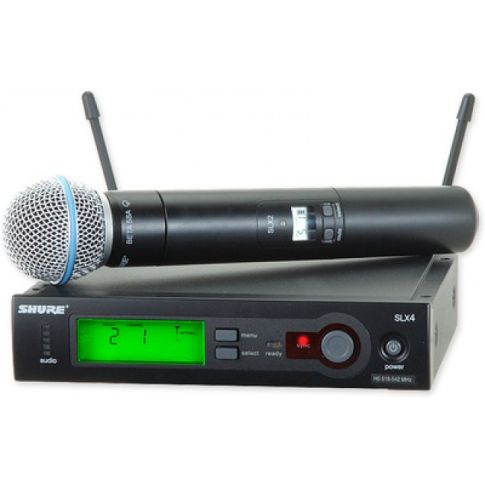We use cookies to make your experience better. To comply with the new e-Privacy directive, we need to ask for your consent to set the cookies. Learn more.
Audiovisual Equipment for Events: Why It's Important

As an event planner, the success of an event often depends on the seamless integration of audiovisual equipment. The importance of audiovisual equipment must be addressed at any event, whether it is a corporate conference, wedding, concert, or trade show. In addition to creating an immersive experience, these tools are also effective at conveying information and enhancing the overall impact of the event. Here, we will discuss why audiovisual equipment is so crucial for events and how it can have a significant impact on attendees' experience.
1. Communication and Information Dissemination:
The primary reason audiovisual equipment is essential for events is its ability to facilitate communication and information dissemination. A visual display, projector, screen, and sound system can enable events to engage attendees effectively. Without these tools, events may struggle to communicate important messages, present information, and entertain them.
Clear communication is crucial for corporate events, including conferences and product launches. The use of high-quality audiovisual equipment ensures that all attendees are able to hear and view speakers and presenters. This, in turn, enhances the effectiveness of the event and helps to convey the intended message more effectively.
2. Audience Engagement:
Modern audiences are accustomed to engaging and immersive content. Audiovisual equipment can enhance event planning by capturing and maintaining attendees' attention. LED walls, giant video screens, interactive displays, and professional lighting can be used. A mundane event can be transformed into a memorable one with such equipment.
For example, music concerts often have sophisticated lighting systems, giant video screens, and intricate sound setups. Visuals and audio enhance emotional impact and leave a lasting impression.
![]()
3. Enhancing the Event Atmosphere:
The audiovisual equipment at an event significantly contributes to the creation of the desired atmosphere. Lighting, projectors, and sound systems assist in setting the mood at weddings. From romantic, intimate ceremonies to vibrant, colourful receptions, audiovisual equipment plays a vital role in shaping the atmosphere of the event.
Trade shows and exhibitions also benefit from booth displays, touchscreens, and multimedia presentations. The elements attract visitors, convey information effectively, and foster a vibrant atmosphere where networking and engagement are encouraged.
4. Accessibility and Inclusivity:
An increasingly diverse and globalized world calls for events to be accessible to everyone. Audiovisual equipment can bridge language and accessibility barriers. Translation and interpretation services are often provided by audio equipment at international conferences and events.
AV setups can also include closed captioning, sign language interpretation, and hearing assistance. Not only does this comply with legal requirements, it also enriches all attendees at events.
5. Documentation and Promotion:
Event success can have long-lasting consequences. Audiovisual equipment is vital to documenting events for future reference and promotion. Event content can be archived and shared with a broader audience thanks to professional cameras, recording equipment, and live-streaming capabilities.
These recordings can also be used for marketing, training, or informational materials. This includes sharing keynote speeches, engaging moments, and event highlights to expand the event's impact and reach.
6. Technological Advancements:
Audiovisual technology is constantly evolving, offering event planners new ways to engage their audience. Using augmented reality, virtual reality, and 360-degree video, you can now create immersive and interactive experiences. The technologies can transport attendees to virtual environments, making them more engaged and enjoyable.
The use of wireless or networked AV systems has also made managing and controlling audiovisual equipment easier, allowing event planners to concentrate on content rather than the technical aspects of AV equipment.
Conclusion
Audiovisual equipment plays an integral part in event planning, serving as a channel for communication, engagement, and ambience. Wwave - Sound Equipment / Audio Visual Hire Melbourne is an audiovisual equipment company. By communicating information effectively, creating immersive experiences, and encouraging inclusiveness, it assists events in reaching their full potential. Audiovisual equipment will become increasingly important as technology advances in order to provide memorable and impactful events in the future. Planning and organizing events require high-quality audiovisual equipment and collaboration with experienced audiovisual professionals to ensure success.
